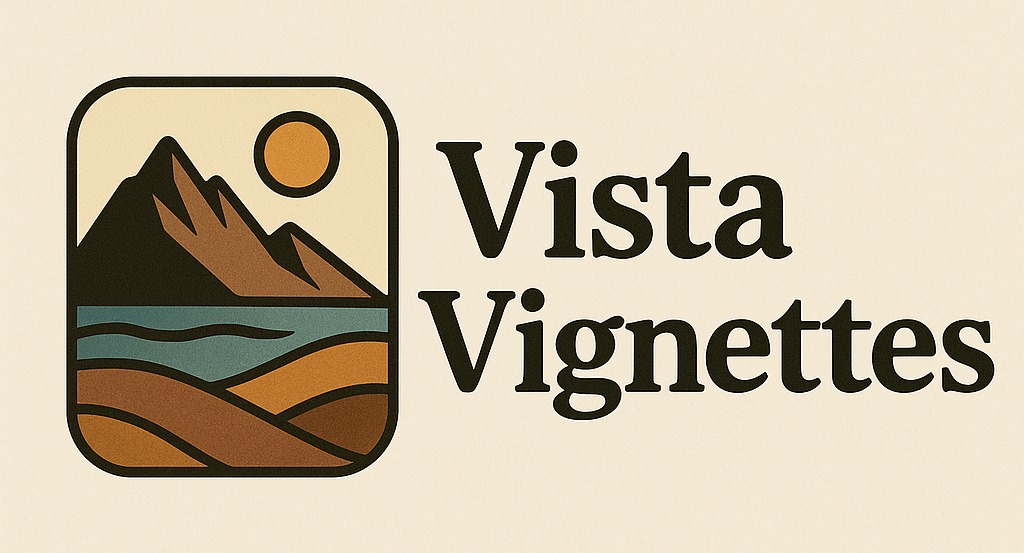Annually, winemakers proceed to wrestle with new challenges introduced by the ever-changing local weather. As areas take care of frost, warmth waves, hail storms, and fungus with rising frequency, many producers are on the lookout for methods to stop winery injury with out using harsh chemical substances or heavy irrigation. For some, meaning working with completely different grape varieties. For instance, in 2021 Bordeaux permitted six new grape varieties that may very well be included within the area’s well-known blends, including grapes like Touriga Nacional and Alvarinho to the extra conventional Cabernet Sauvignon, Merlot, and Sauvignon Blanc.
However past the standard Vitis vinifera varieties, there’s a class of grape that’s been getting renewed consideration underneath these situations: PiWis. PiWis are recognized to be notably hardy grapes that may stand up to excessive climate situations, making them interesting to natural viticulturists. However what precisely is a PiWi grape? And what does it style like? VinePair chatted with Julianny Gómez, the co-founder of preshift! and beverage supervisor at New York Metropolis’s Forsythia, for some solutions.
PiWi is a much-needed abbreviation for the German time period Pilzwiderstandsfähige Rebsorten, which interprets to fungus-resistant grape selection. “In essence, these are hybrid grapes which are a cross between European Vitis vinifera with different Vitis species, often American or Asian in origin,” Gómez says. “The aim is to breed grapes which are immune to fungal illnesses with out compromising depth of taste.” By crossing the extra well-known Vitis vinifera grapes with varieties which have a pure resistance to fungus like Vitis labrusca, Vitis amurensis, Vitis rotundifolia, or Vitis rupestris, producers can keep away from utilizing fungicides, however the wines preserve a few of the extra conventional taste profiles.
Do not Miss A Drop
Get the most recent in beer, wine, and cocktail tradition despatched straight to your inbox.
Gómez explains that local weather change is making it more durable for producers to work solely with monogenic strains. “Locations with conventional cooler, continental climates are experiencing more and more hotter and extra humid summers, that are leaving their vines prone to illnesses equivalent to powdery and downy mildew and black rot,” Gómez says. Moreover, farmers and winemakers are grappling with the results of utilizing fungicides on their vines, with long-term spraying making fungi resistant over time and creating well being dangers for farmers and producers. PiWi grapes are a chic and important answer: They permit producers to adapt to their present atmosphere and remove the necessity for pointless spraying.”
One instance that’s gaining traction in Europe is Souvignier Gris, a cross of Seyval Blanc and Zähringer that’s recognized for its resistance to powdery mildew. The grape was initially developed on the viticultural analysis institute in Freiburg, Germany, by Dr. Norbert Becker in 1983, however can now be present in wine areas throughout Germany, Austria, northern Italy, and France. Different PiWi grape varieties to be careful for embody Muscaris, Solaris, and Cabernet Blanc, a cross between Cabernet Sauvignon and a number of other mildew-resistant varieties.
Whereas hybrid grapes are broadly utilized in areas equivalent to America’s East Coast, together with areas just like the Finger Lakes and Virginia, some European international locations are extra hesitant to embrace PiWi grapes attributable to their longstanding traditions and strict winemaking legal guidelines. However as local weather change continues to place environmental pressures on winemakers, we’ll doubtless see extra producers embrace disease- resistant grapes.
“Finally, it’s not a debate of Vitis vinifera versus PiWi, it’s a query of what’s most sustainable for the atmosphere and can enable for viticulture within the centuries to come back,” Gómez says. “PiWi varieties are the way forward for wine and I encourage of us to discover producers who’re on the forefront of this motion.”


